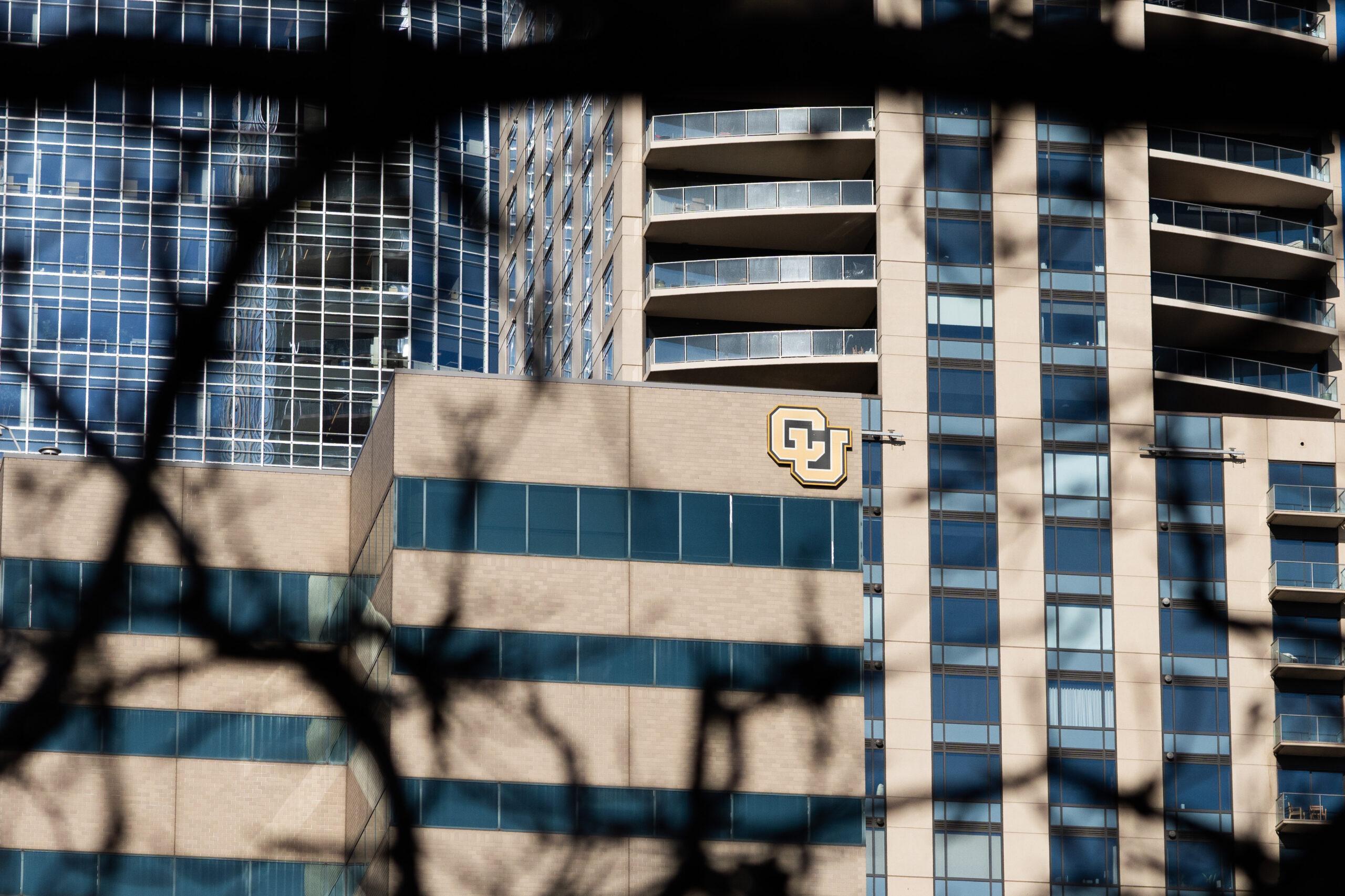
This story was originally published by Chalkbeat. Sign up for their newsletters at ckbe.at/newsletters.
In exchange for offering financial aid to more in-state students, Colorado universities soon could be allowed to admit more students from out of state who pay almost twice as much in tuition.
Universities such as the University of Colorado Boulder have been allowed to admit two out-of-state students for every student they admit who participates in the Colorado Scholars Program. The number of students who can be double-counted has been capped under current law to 8 percent of in-state students in the incoming freshman class.
House Bill 96, which is close to becoming law, would raise that cap to 15 percent of in-state freshmen in the program. That higher cap would create an incentive to enroll more Colorado Scholars, who can get $2,500 a year or more in merit aid, so that universities can also enroll more high-paying, out-of-state students.
State officials and others want Colorado colleges and universities to benefit Colorado students as much as possible, since they get taxpayer support. But lawmakers have cut state funding for schools over the years while allowing tuition hikes. That has led schools to look toward out-of-state students to bring in more revenue.
At the same time, the rising tuition has made some students rethink whether universities, especially the state’s flagship, are worth the financial burden, or if they can find a better deal elsewhere.
The bill would likely have the biggest impact on the University of Colorado Boulder, which backs the proposal. State law requires that an average of no more than 45 percent of incoming freshmen at public universities come from out of state, and CU Boulder is near that limit.
University of Colorado System officials say they would use the increased money from enrolling more out-of-state students to offer Coloradans more merit- and need-based scholarships, and to become more competitive when recruiting in-state students — especially with a smaller pool of college-aged students.
School officials said the university accepts every qualified Colorado applicant. But many Colorado students never end up on campus, and the school is able to consistently enroll only about 80 percent of Colorado students who were accepted. Last year, however, was an outlier, with the school enrolling 92 percent of all Colorado students who were accepted.
Colorado funds its public higher ed institutions at some of the lowest rates in the nation, leading colleges to raise tuition and recruit more out-of-state students who can pay more. Meanwhile, Colorado families carry high tuition burdens compared to other states.
Colorado students pay about $30,000 a year in tuition. Out-of-state students pay about $57,000.
Across all classes, CU Boulder provides $15.5 million in merit aid for about 4,200 students, school officials said in a statement. It also supports about 1,700 students through a need-based program that pays for a student’s share of tuition.
Officials at the school said enrolling more out-of-state students is a way to sustain and increase that aid.
University of Colorado System spokesman Ken McConnellogue said in a statement the Boulder campus’ primary focus remains on recruiting, retaining, and graduating Colorado students.
“We believe this bill will increase affordability and access for those students while also enhancing our ability to keep Colorado’s top students in the state,” he said.
Colorado isn’t the only flagship school that’s considered how to weigh in-state student enrollment versus out-of-state enrollment, according to Tom Harnisch, State Higher Education Executive Officers Association vice president for government relations.
Because out-of-state students pay higher tuition, universities around the country have lobbied to lift enrollment caps on them as states’ overall spending on higher education has declined in recent years, he said. This year, for instance, North Carolina increased how many out-of-state students its universities can admit.
Similar to what the Colorado bill proposes, some schools have increased merit aid while also increasing the overall number of out-of-state students on campus, he said. The change doesn’t mean there are fewer in-state students, Harnisch added, just a shift in the share of students not from the state.
The bill has passed the House and Senate and needs approval from Gov. Jared Polis. It is sponsored by state Sen. Dylan Roberts, a Democrat from Avon, Senate Minority Leader Paul Lundeen, a Monument Republican, and state Reps. Judy Amabile, a Boulder Democrat, and Matt Soper, a Delta Republican.
The bill initially raised eyebrows among some state leaders.
Colorado Department of Higher Education Executive Director Angie Paccione said in February that she didn’t want to see schools become predominantly out-of-state student serving.
But a department spokeswoman said Paccione now believes CU Boulder has demonstrated that all eligible in-state students are accepted at the school — and that accepting eligible resident students is a priority. Paccione no longer has concerns about the legislation.
The bill will also require schools to report how many out-of-state and in-state students schools enroll before the double count occurs, how schools use revenue for the purpose of aid, and where students that qualify for aid come from in the state.
Colorado needs more homegrown talent from its universities, especially because that state has large gaps when it comes to who gets a degree, said Katie Zaback of Colorado Succeeds, which brings together business leaders to advocate for education.
Zaback, the organization’s vice president of policy, said a priority for Colorado Succeeds is to examine what solutions there are to get more Colorado students access to a high-quality education, such as at CU Boulder.
CU Boulder enrolls a group of students that aren’t representative of the state’s high school graduates, she said. And she worries the bill, if it’s enacted, would send a message that Colorado’s best and brightest can only be educated if the state recruits more out-of-state students.
“I wonder if that’s true,” Zaback said. “I wonder what the overall equity implications are.”
Jason Gonzales is a reporter covering higher education and the Colorado legislature. Chalkbeat Colorado partners with Open Campus on higher education coverage. Contact Jason at [email protected].
Chalkbeat is a nonprofit news organization covering public education.









